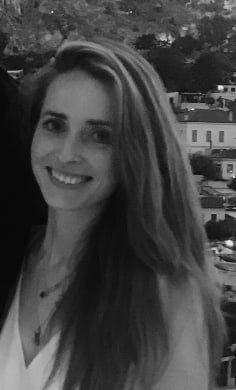Reversible Reactions
What are reversible reactions?
- Some reactions go to completion, where the reactants are used up to form the product molecules and the reaction stops when all of the reactants are used up
- In reversible reactions, the product molecules can themselves react with each other or decompose and form the reactant molecules again
- It is said that the reaction can occur in both directions: the forward reaction (which forms the products) and the reverse direction (which forms the reactants)
- When writing chemical equations for reversible reactions, two arrows are used to indicate the forward and reverse reactions
- Each one is drawn with just half an arrowhead – the top one points to the right, and the bottom one points to the left: ⇌
- An example is, the reaction for the Haber process which produces ammonia from nitrogen and hydrogen
N2 + 3H2 ⇌ 2NH3
- If the forward reaction is exothermic, then the reverse reaction will be endothermic
- The same amount of heat is transferred in both directions
- A good example of this is the hydration of anhydrous copper(II) sulfate:
- When anhydrous copper(II) sulfate crystals are added to water, they turn blue
- The forward reaction is exothermic
- If the hydrated copper(II) sulfate crystals are then heated, the blue crystals form a white powder
- The reverse reaction is endothermic
- When anhydrous copper(II) sulfate crystals are added to water, they turn blue
hydrated copper(II) sulfate ⇌ anhydrous copper(II) sulfate + water
Diagram to show the reversible reaction of copper(II) sulfate

The forward reaction is exothermic and the reverse reaction is endothermic

